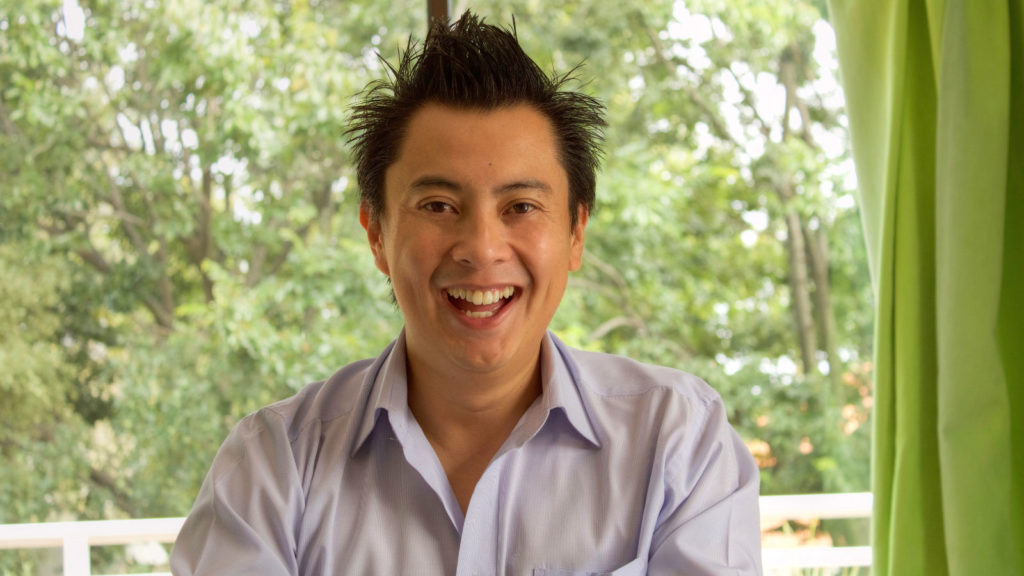Having founded two startups — including a visual aid company Focal Point Engineering and cleantech firm Cleantech U — and led several enterprise projects, serial entrepreneur Craig Wing is no stranger to setbacks.
Wing’s most recent project, Hackr House — a Johannesburg “live-in” tech entrepreneur development programme failed to take off in February as scheduled — and the founder is back at the drawing board, working on the project’s next steps.
No ad to show here.
Read more: Why Joburg’s HackR House stands empty a month after intended launch
These are moments founders dread — and perhaps define how good an entrepreneur you are — when your startup faces a setback that could potentially threaten its existence.
So how do you deal with them? We asked the futurist and speaker what other entrepreneurs could learn from the setbacks he’s faced on the Hack House initiative as well as for tips they can apply in their current projects or businesses.
Don’t take it personally!
“As an entrepreneur, the ‘no’s don’t become less, you deal with them better. A big part of this is not taking it personally! This is hard, especially when it takes so much from you,” says Wing (pictured above) who invested over R2-million in the HackR House project.
Read more: Q&A: HackR House founder on why he invested entire savings on project
He says it is important to realise that starting a business is one aspect of your life and that it is important to “live a more balanced lifestyle even though it hurts”.
He encourages entrepreneurs to “look at it as a point in a journey, not the journey itself”, adding that its important to spend time with friends and family, including those that are not entrepreneurs.
‘Be prepared to pivot on your idea and realize there are no sacred cows’ says Craig Wing
It’s important to find people who believe in you, he says , even if they don’t understand you.
This he says is one of the big drivers for the HackR House — finding these people and community.
Here are some more of his tips:
‘Double it’
“Whatever your timeframe, resources and budget you anticipate — double it!” he advises, adding that almost nothing runs according to schedule especially at the onset of a new initiative.
‘Launch then iterate’
“Launch then iterate as opposed to waiting and perfecting,” he says.
“What I learned through the initial launch with timing, marketing, etc (sic), could not have been conceptually understood nor anticipated.”
‘Be prepared to pivot’
“Be prepared to pivot on your idea and realize there are no sacred cows,” he recommends.
This, he says, means speaking to potential market and understanding their real problems but also the challenges with your proposed solution.
“Conversely, stick to the core elements of your solution. As an entrepreneur you’ll get lots of advice when things don’t work, but you need to make hard decisions on which are right or wrong and be prepared to live with the consequences and rewards of your decisions,” he adds.
‘Know when to quit’
“Know when to call it quits. There’s a macho attitude to entrepreneurship of not giving up and sticking it out irrespective,” says Wing.
“While this may be true, there is a limit to this where the practical realities are in direct opposition — finance, family, health, mental well being — these need to be weighed up holistically when looking at carrying on or not.”
Wing believes entrepreneurship is not for everyone, as he says, “it takes a certain kind of crazy person”.
“It takes a special kind of person to do — if it was easy everyone would be doing it,” he adds.
Celebrate trying
Lastly, Wing encourages entrepreneurs to celebrate their efforts.
“Rather celebrate that you even tried it, irrespective of the cost; and view it as a growth point.”
Featured image: Craig Wing (Supplied)
